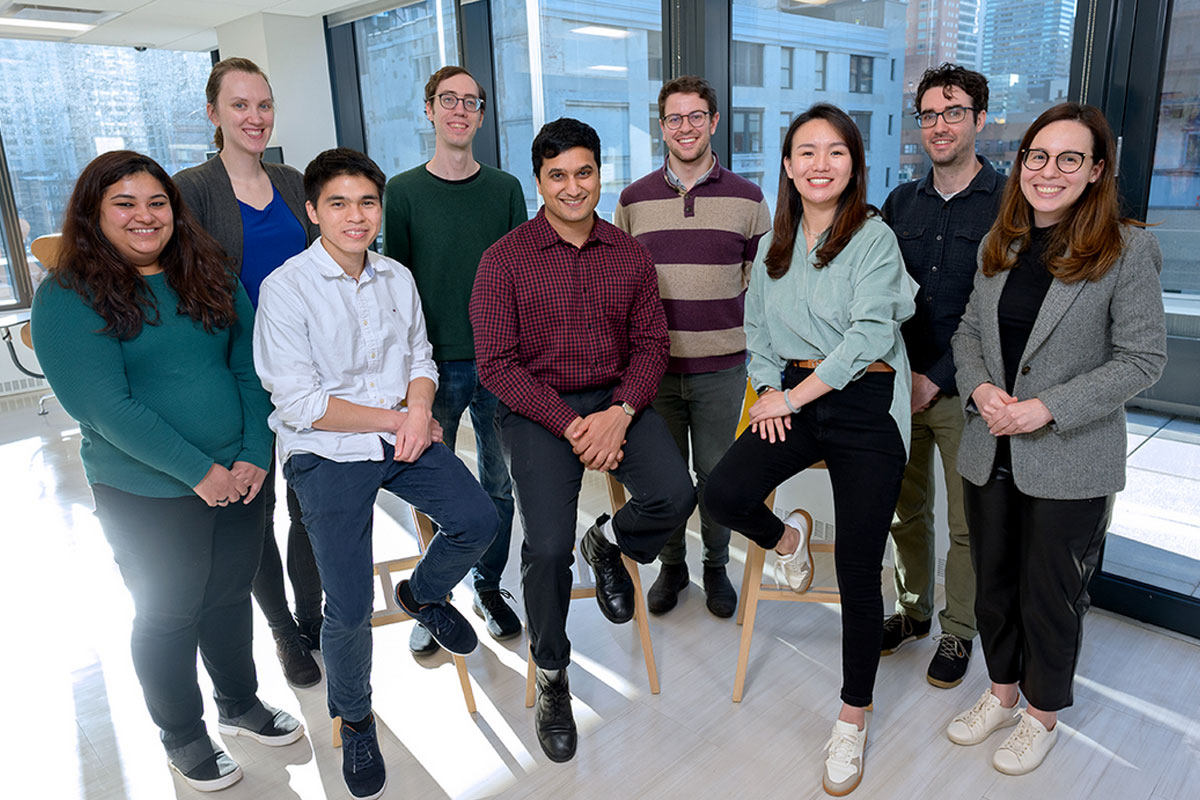About the Fellowship

The Henry and Alexia Fernandez Computational Oncology Fellowship program seeks to support the career development of the brightest early-career computational scientists striving to improve and accelerate cancer research.
The program is rooted in the belief that, as computational oncology grows in importance, its integrity will depend on future academic leaders. To that end, we will support outstanding postgraduate-level scientists in biomedical sciences who are committed to an academic career at the intersection of cancer and computational biology. The program will train individuals to assume faculty roles and establish independent laboratories to advance scientific discovery and patient care in the next decade and beyond.
Eligibility
Applications are open to individuals who:
-
Hold a PhD or MD (or are in their final year of study) in a computationally related field, such as:
- Computer Science
- Statistics
- Computational Biology
- Bioinformatics
- Mathematics
- Electrical Engineering
- Physics
-
Have at least one first-author publication demonstrating:
- The analysis of large-scale data
- The development of tools for such analysis
Note: There are no citizenship requirements.
Application components
A complete application must include:
- Curriculum Vitae (CV) – Summarizing education and prior training
- Research Experience & Productivity – Overview of prior research experience and track record of productivity
- List of Publications – With a short summary of their significance
- Personal Statement – Outlining interest in computational oncology and career goals
- Outline of Scientific Research Goals – Including justification for the selection of a prospective mentor
- Two Letters of Reference – One must be from the candidate’s PhD advisor.
- Specification of Prospective Research Mentor – Applicants must identify one of the following Computational Oncology faculty members as their mentor:
Fellowship
The fellowship will support four outstanding scientists for up to three years while they pursue their postdoctoral research in a lab in the Computational Oncology program at MSK. Fellows will receive a competitive salary plus fringe benefits and a moving allowance, a yearly provision for travel to conferences to present their research, guidance, and mentorship to successfully compete for faculty positions at the end of their training, and access to the comprehensive support systems for postdocs at MSK. Selection of candidates will be done on a rolling basis.
How to apply
Submit your materials via our application portal.